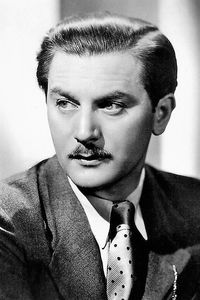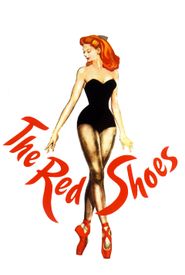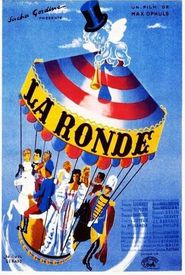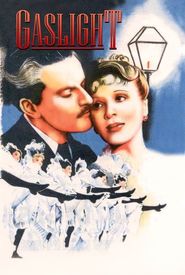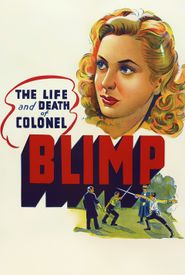Alfred Walbrook, a renowned Austrian actor, was born Adolf Wohlbrück in Vienna, Austria, to a family of circus clowns. He broke away from his family's tradition, having no interest in the circus life. Walbrook was trained by the legendary director Max Reinhardt, which led to his reputation growing on both the Austrian and German stages.
Before entering the world of film, Walbrook appeared in a few silent movies with undistinguished roles. He then began his film career in 1931, billed as Adolf Wohlbrück, starring in romantic films such as Waltz War (1933) and the gender-bending comedy Victor and Victoria (1933),which later inspired Blake Edwards' film Victor/Victoria (1982) starring Julie Andrews.
Walbrook's talent caught the attention of Hollywood, and he was invited to re-shoot dialogue for the international picture The Soldier and the Lady (1937),in which he played Michael Strogoff, a role he had previously portrayed in French and German adaptations. With the rise of Nazi oppression in Germany, Walbrook moved to Great Britain, where he continued his film career in English language productions.
Throughout his career, Walbrook portrayed a range of characters, including imperious kings, bon vivants, and foreign dignitaries. He was known for his grand, intense, and over-the-top acting style, which he brought to life in numerous roles. Some of his most notable performances include the sympathetic German officer in The Life and Death of Colonel Blimp (1943),the gentle pacifist in 49th Parallel (1941),Prince Albert in Victoria the Great (1937) and Queen of Destiny (1938),and the obsessively demanding impresario opposite ballerina Moira Shearer in The Red Shoes (1948).
Walbrook also played stiff and stern military officers, showcasing his talent in films such as The Queen of Spades (1949) and I Accuse! (1958). After retiring from films in the late 1950s, Walbrook returned to the European stage and took on television roles. He passed away in Germany in 1967 due to a heart attack.
